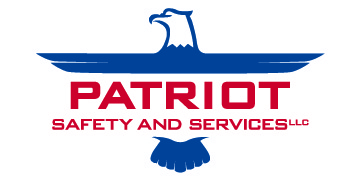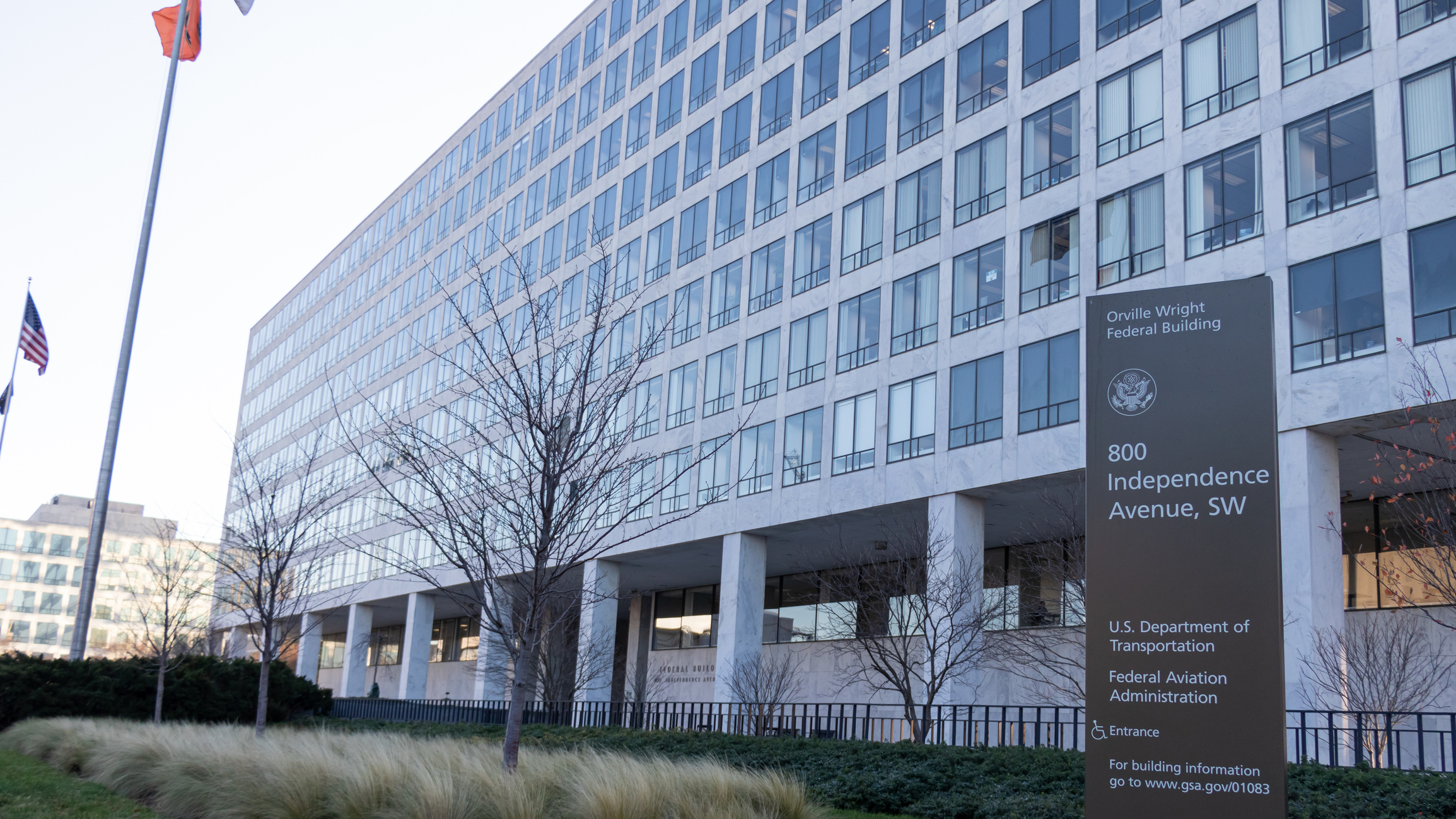Hiring the right employees is crucial for any business. One important step in the hiring process is conducting a criminal background check. However, these checks are governed by criminal background check laws, which can vary significantly from state to state. Understanding these laws is essential for employers to ensure compliance, protect themselves from legal risks, and maintain fair hiring practices.
At Patriot Safety and Services, we provide nationwide background check services to help businesses comply with federal and state regulations while making informed hiring decisions.
What Are Criminal Background Checks?
A criminal background check is a process that allows employers to review an applicant’s criminal history. This includes:
-
Felony and misdemeanor convictions
-
Arrest records (depending on state laws)
-
Sex offender registry status
-
Court records and incarceration history
Background checks are commonly used in pre-employment screenings, promotions, and safety-sensitive positions. They help employers protect their business, employees, and customers from potential risks.
For comprehensive services, see Accurate Background Check.
Why Employers Must Follow State Laws
Each state has its own rules about what can be checked, how information can be used, and when it can be disclosed. Violating these laws can result in legal penalties, lawsuits, and reputational damage. Key reasons to follow state laws include:
-
Fair Hiring Practices: Avoid discrimination based on criminal history that is irrelevant to job duties.
-
Legal Compliance: Federal laws such as the Fair Credit Reporting Act (FCRA) and state-specific statutes regulate background checks.
-
Risk Management: Protect your business from negligent hiring claims.
-
Employee Trust: Conducting checks transparently ensures candidates feel treated fairly.
Federal Guidelines Employers Should Know
While state laws vary, federal guidelines also govern background checks. Employers must comply with:
-
FCRA (Fair Credit Reporting Act): Regulates how consumer reports, including criminal background checks, are obtained and used.
-
EEOC (Equal Employment Opportunity Commission) Guidance: Prevents discrimination based on race, color, national origin, or other protected statuses when using criminal history in hiring decisions.
Employers must obtain written consent before performing a background check and provide a copy of the report to the applicant if adverse action is taken.
Key Variations in State Criminal Background Check Laws
Different states have unique rules that employers must follow. Understanding these variations is critical.
1. Ban-the-Box Laws
Many states, including California, New York, and Illinois, have implemented ban-the-box laws. These laws prohibit employers from asking about criminal history on initial job applications. Instead, employers can inquire later in the hiring process. This ensures candidates are evaluated based on qualifications first.
2. Time Limits on Criminal Records
Some states limit how far back an employer can look into an applicant’s criminal history. For example:
-
California: Only convictions within the past seven years may be considered.
-
New York: Certain convictions can only be used if they are directly related to the job duties.
These restrictions protect applicants from outdated records affecting their employment opportunities.
3. Sealed and Expunged Records
Employers must also understand how to handle sealed or expunged records. Many states prevent employers from accessing or considering these records. For instance, in Texas and Florida, expunged convictions cannot be used in hiring decisions.
4. Specific Job Restrictions
Certain professions, such as healthcare, transportation, and childcare, have stricter rules. States may require full disclosure and background checks for positions involving vulnerable populations.
Best Practices for Employers
To comply with criminal background check laws and maintain fair hiring practices, employers should follow these steps:
1. Partner With a Certified Background Check Provider
Using a professional service ensures that background checks are conducted accurately, legally, and efficiently. Providers like Accurate Background Screenings offer comprehensive checks nationwide.
2. Understand State-Specific Rules
Employers must research the laws in each state where they hire employees. This includes:
-
Time limits on reporting convictions
-
Ban-the-box requirements
-
Rules regarding sealed or expunged records
3. Obtain Written Consent
Federal law requires employers to get written authorization from the applicant before performing a background check.
4. Evaluate Relevance to Job Duties
Not all criminal convictions are relevant. Employers should focus on offenses that directly impact the applicant’s ability to perform the job safely and effectively.
5. Provide Adverse Action Notices
If an employer decides not to hire based on a background check, federal law requires providing:
-
A pre-adverse action notice
-
A copy of the report used
-
A summary of rights under the FCRA
Benefits of Following State Laws
Adhering to state-specific criminal background check laws has multiple benefits for employers:
-
Reduced Legal Risk: Avoid lawsuits or penalties for unlawful hiring practices.
-
Fair Hiring Process: Ensure candidates are assessed based on their qualifications, not irrelevant criminal history.
-
Improved Reputation: Companies known for fair and compliant hiring practices attract better talent.
-
Workplace Safety: Proper background checks protect employees, clients, and assets.
Common Mistakes Employers Should Avoid
-
Asking about criminal history too early in the process in ban-the-box states
-
Failing to provide adverse action notices when rejecting a candidate
-
Considering sealed or expunged convictions improperly
-
Neglecting to check state-specific time limits on criminal records
Avoiding these mistakes ensures legal compliance and fosters fair hiring practices.
Conclusion
Understanding criminal background check laws is essential for employers to protect their business, ensure workplace safety, and maintain a fair hiring process. Laws vary by state and industry, so staying informed and working with certified background check providers is crucial.
By partnering with professional services like Accurate Background Check, employers can navigate state regulations confidently, make informed hiring decisions, and reduce the risk of legal issues.
Adhering to state and federal guidelines ensures a transparent, compliant, and effective hiring process that benefits both the company and applicants.






